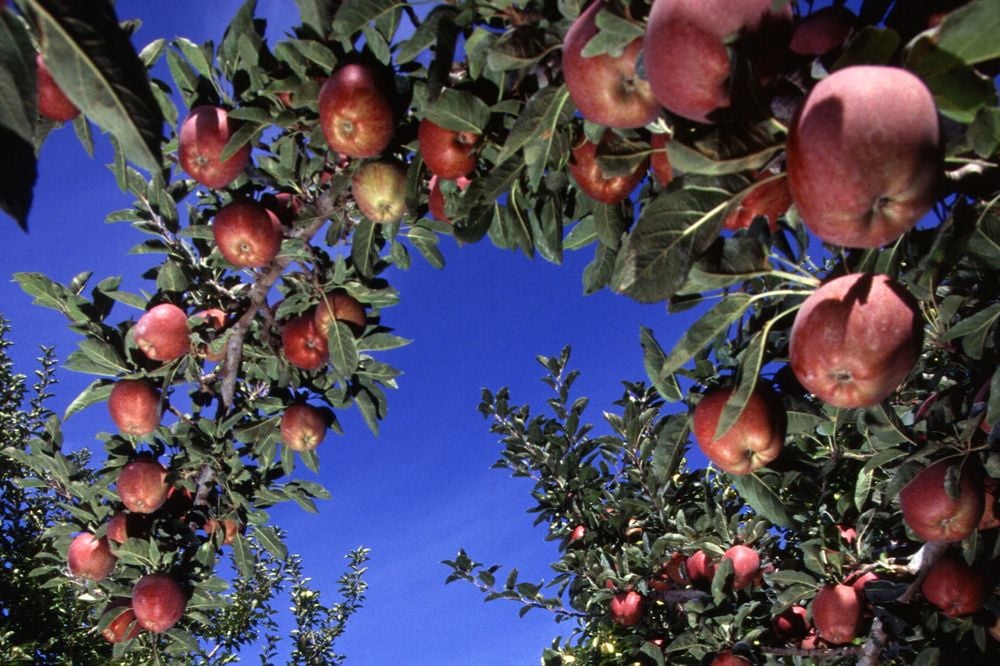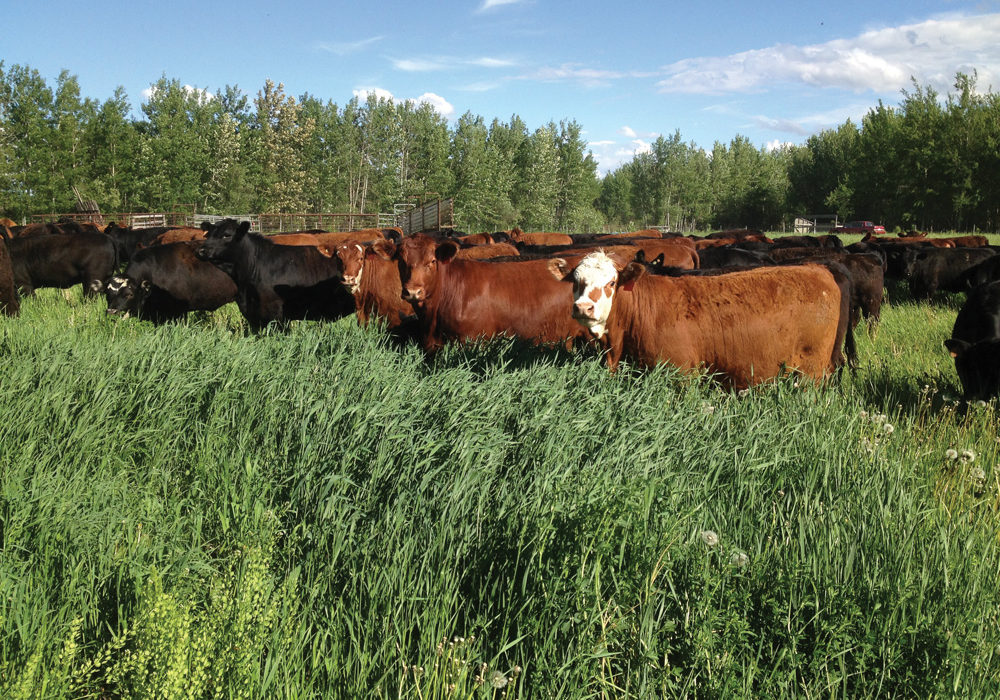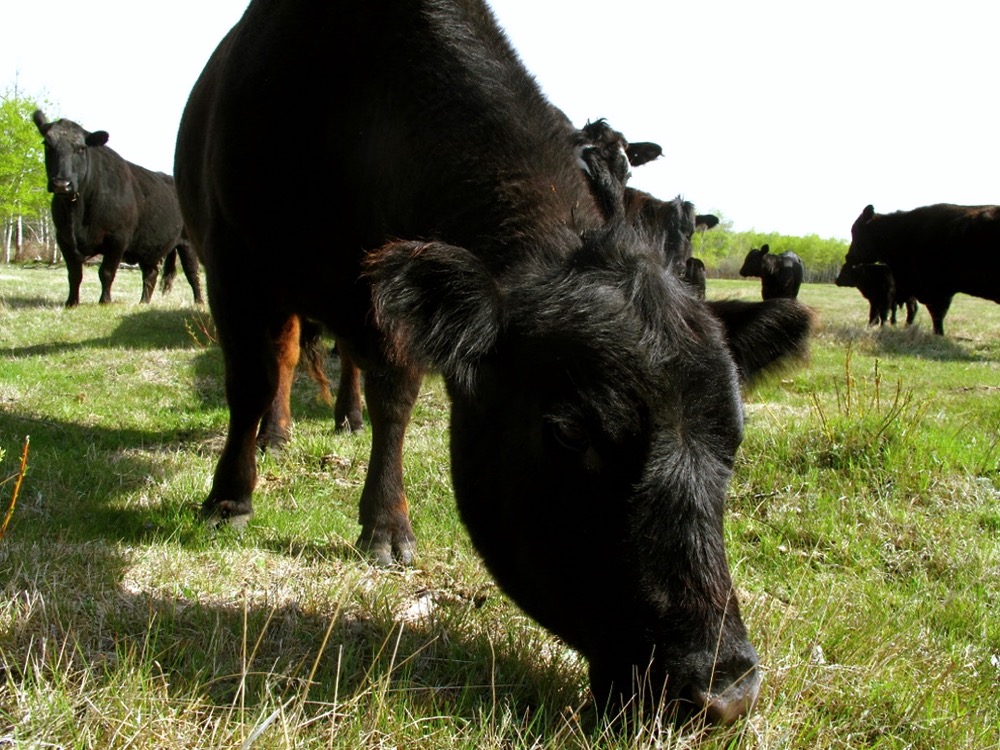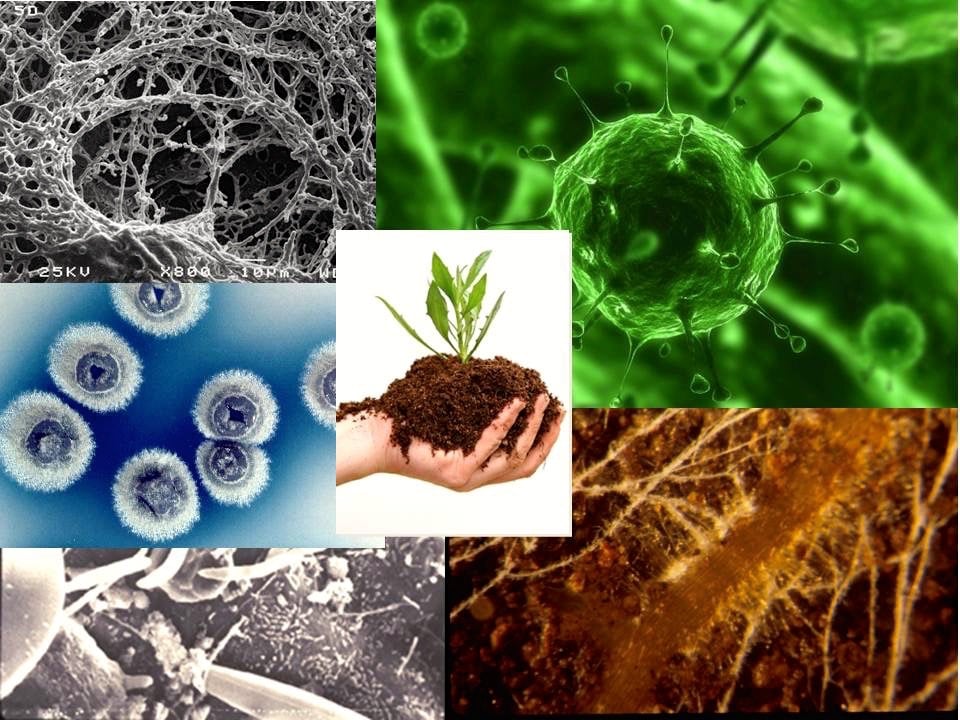Many years ago I was very excited to hear Gerald Fry speak at a conference. He had some fascinating topics and I have been a huge follower of his ever since. I was also lucky enough a couple of years later to attend his course on Linear Measurement and Genetics. If you ever get a chance to see him, make sure you go! He has a vast amount of knowledge and is one of the humblest speakers I have ever met.
One of the many tips I took from Fry is his use of apple cider vinegar (ACV) for my livestock. Right away I was excited about it and I asked him, “How much do I pour on?” He laughed as I soon found out that it is a nutritional supplement, not a pour-on.
Read Also
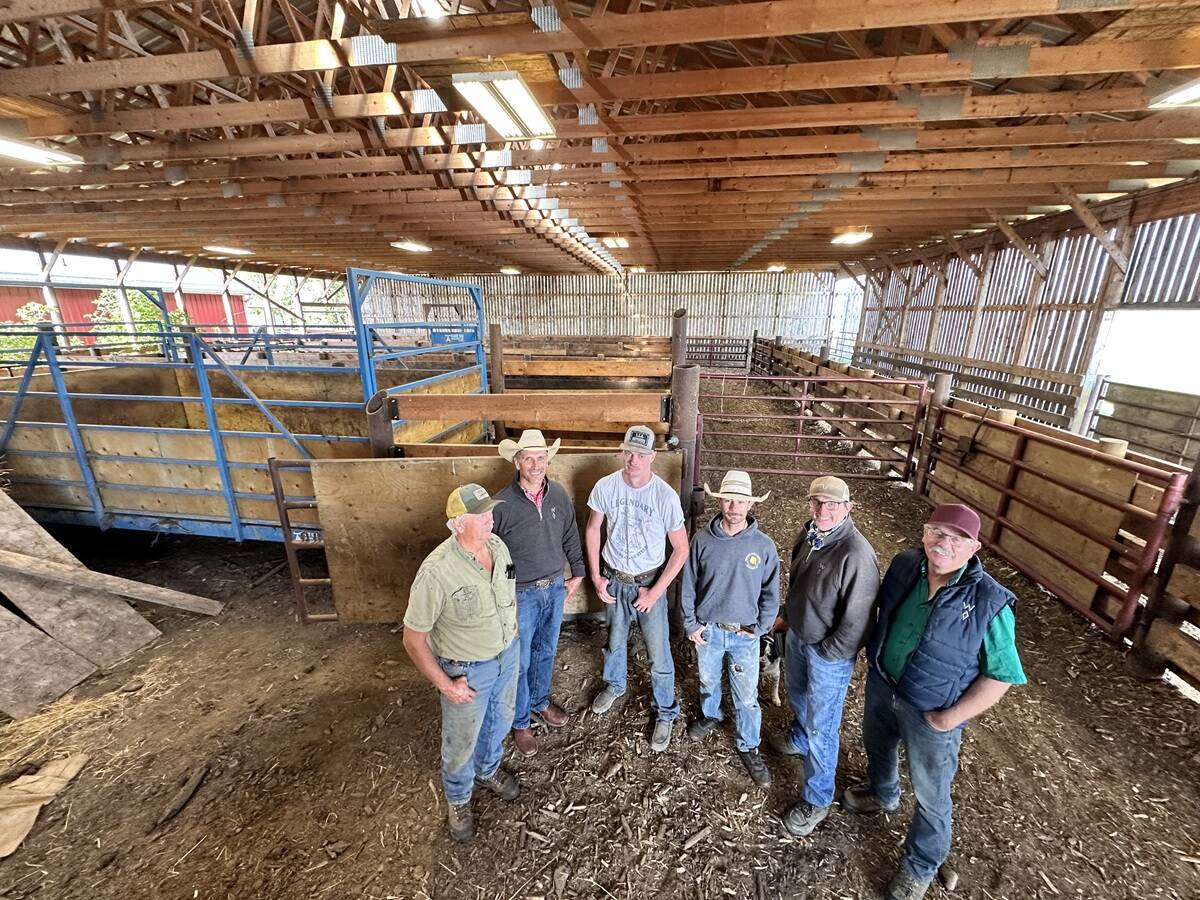
Farm families work together to graze cropland with cattle in the fall
These Alberta farm families have separate operations, but work together to manage their land
The first time, of course, I ran out and bought a cart full of four-litre jugs from the grocery store. (I’m sure they were wondering what I was stilling out on the farm with than much vinegar.) I was soon to learn that to get the real benefits from ACV, you need to use fermented apple juice which is left raw, unfiltered and unpasteurized to keep the “mother,” intact.
This “mother” in ACV is the cloudy blob of beneficial enzymes, pectin, and trace minerals that float around inside the jug. Your typical grocery store ACV does not have this; although most grocery stores will carry an organic brand that does. It is very important in many of the benefits of ACV I will describe below. ACV is primarily acetic acid which is the same acid a cow produces in her rumen already to digest her feed.
Why do I use it?
The first time I used ACV it was to help prevent or control internal and external parasites. As far as I have read, the only pest that it does not help control is liver flukes. I have done fecal samples a few times after use and every time we have had zero parasite eggs in the manure. It was not a perfectly controlled experiment by any means, but I did also test other animals on the farm at the same time that were not treated with ACV and we did find that there was a low number of parasite eggs found in their samples.
I’m not saying ACV is a cure-all if you have a severe parasite issue, but along with some better genetic selection, good nutrition and a rotational grazing system, ACV can go a long way to help prevent any serious parasite loads.
The acetic and malic acid in ACV raises the acidity in the stomach. It balances the pH back to normal, which creates an unfavourable environment for pathogens and internal parasites. It also stimulates the hormonal system which will allow the animal to secrete oils from the skin to help control external parasites.
ACV can also be applied externally to help control ringworm.
I learned quickly that ACV is rich in vitamins, minerals and trace elements as well. The potassium levels are quite high which helps maximize the nutrition from feed; especially calcium, phosphorus and copper. ACV also increases butterfat and body fat production. It basically improves digestion. Regulating the rumen helps to prevent scours, bloat, gas, reflux and indigestion. I have read claims numerous times that the high potassium levels will also help reduce birthing difficulties and improve calf vigour.
By balancing the pH, ACV also buffers the rumen and overall blood pH which prevents or reverses acidosis and ketosis.
It is full of beneficial probiotics (good microbes) and nutraceuticals (nutrients with medicinal benefits), which will strengthen the immune system. It improves disease resistance to detrimental bacteria, viruses, yeasts, fungus and the natural pectins in ACV will bind to the unwanted toxins to be excreted by the body.
ACV contains high levels of malic acid which helps cleanse and heal the liver for better detoxification of toxins.
Adding ACV to drinking water will also keep waterers free of algae and mosquito larvae.
Many will tell you that ACV will improve the texture and flavour of the meat and will not create any off-flavours to milk, meat or eggs.
This nutritional supplement is not just for cattle. There are many benefits to other types of livestock as well. We have added it to our feeder pig operation and we can visually see the difference in their skin texture and performance. We added ACV to the pigs’ drinking water as well as to their swimming pool. We have been very impressed with the results. There are many benefits to horses, sheep, goats, hogs and chickens if you care to Google it.
Another resource that I have used over the last couple of years has been Dr. Will Winters. He is very knowledgeable on ACV and I would highly recommend you looking him up.
I order my ACV in 55-litre barrels or you can get it in 1,000-litre totes. Many people use ACV as a nutritional supplement in their own diets as well. There is lots of information out there if you just look for it.
I know that some of you will argue that this is just a hoax pushed by the organic industry. That is fine if that is your opinion and I understand if you do not agree with me. I tried it and have seen the results. I also am using the wisdom of respectable mentors in the industry like Gerald Fry and Dr. Will Winters who have been using ACV a lot longer than I have.
There is a bit of an issue right now as the increase in human consumption of ACV has caused a limited supply for livestock. It is hard to get. Maybe if you are out there in the apple industry, there is a new profit centre just waiting for you to jump into? Let me know if you do as I am almost out. c
— Steve Kenyon runs Greener Pastures Ranching Ltd. at Busby, Alta.; call 780-307-6500, email [email protected] or find them on Facebook.


